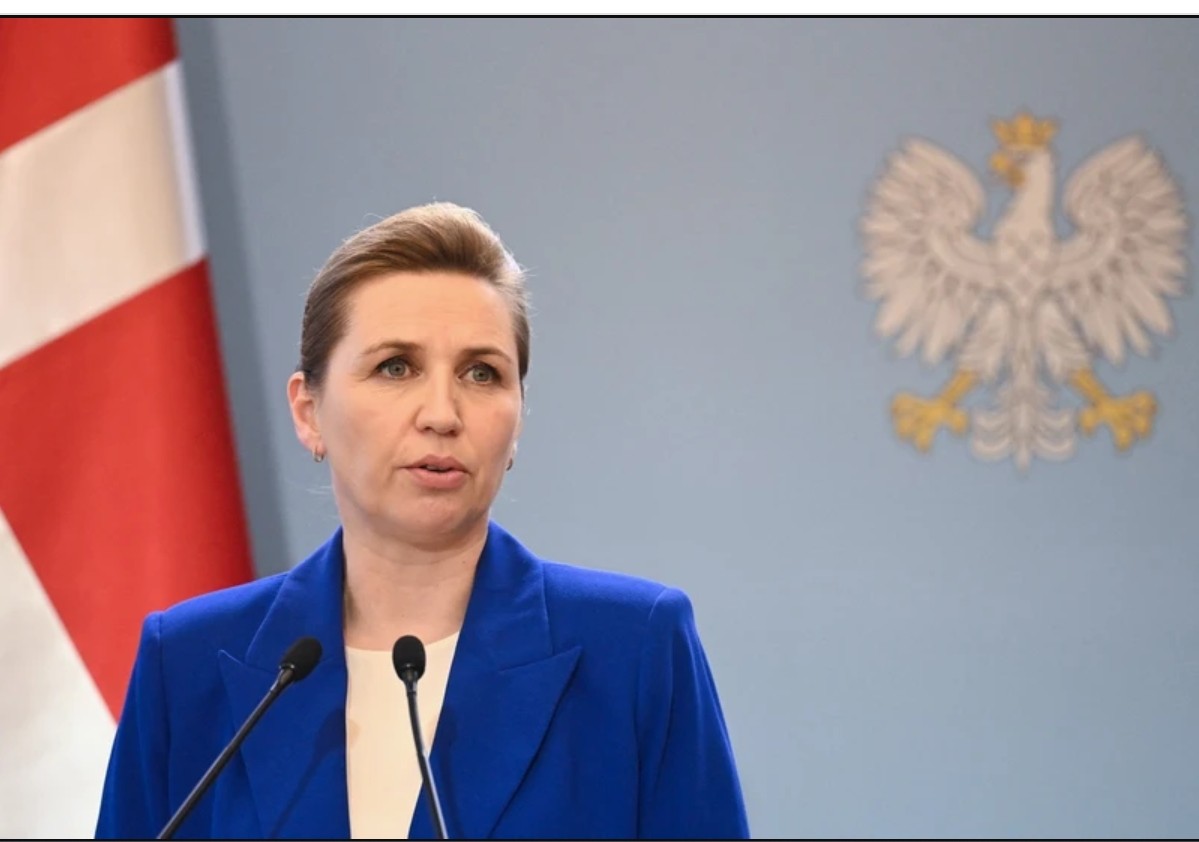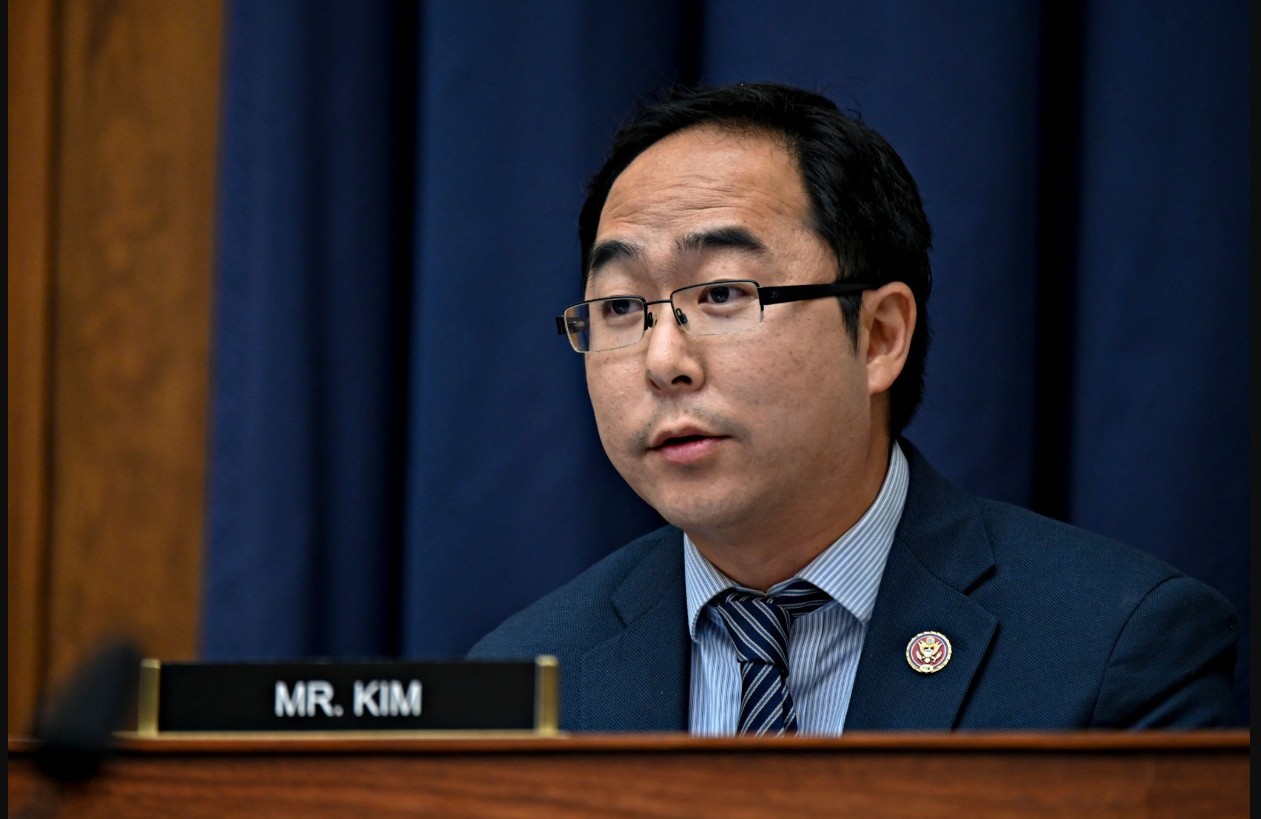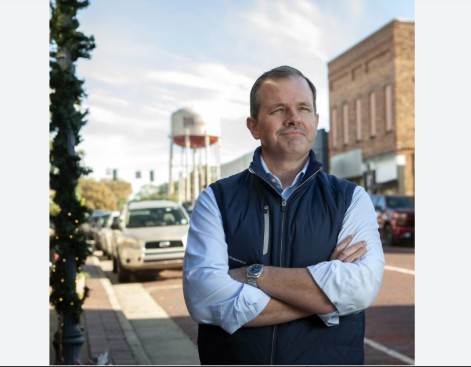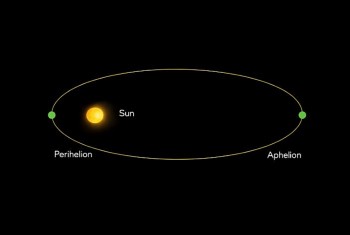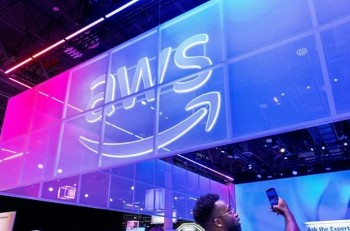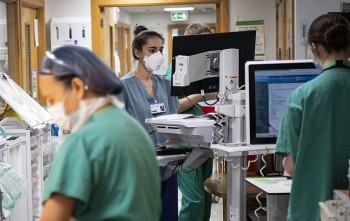Who is Fumio Kishida: Biography, Personal Life, Family and Political Career
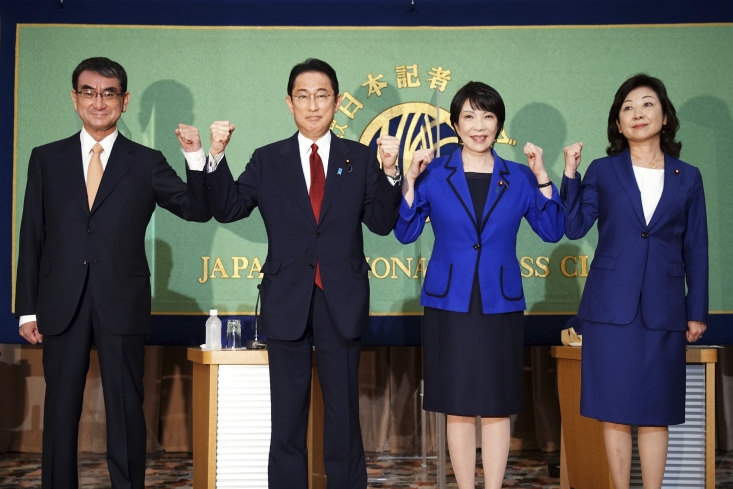 |
| Kishida Fumio. Photo: The Age |
Fumio Kishida, a former foreign minister, won out in a highly contested election, beating Taro Kono in a runoff vote on Wednesday afternoon in Tokyo after the two had virtually tied in the first round of voting. His inauguration as prime minister is now assured, as the LDP holds a comfortable majority in Japan’s House of Representatives.
The vote comes just over a year after Yoshihide Suga rose to the pinnacle of the party following Shinzo Abe’s resignation. Suga announced his plans to step down earlier this month as his cabinet’s sinking approval rating risked damaging the party in upcoming elections.
Who is Fumio Kishida - Biography
Fumio Kishida (Kishida Fumio, born 29 July 1957) is a Japanese politician and the former Minister for Foreign Affairs of Japan from 2012 to 2017. He is a member of the House of Representatives and the Liberal Democratic Party (LDP).
He served in Yasuo Fukuda's cabinet as minister of state for Okinawa and northern territories affairs, science and technology policy, quality-of-life policy, and regulatory reform.
In August 2020, he announced his candidacy for the Liberal Democratic leadership election to replace Prime Minister Shinzo Abe. He lost the election on 14 September to Yoshihide Suga, coming in second place. In August 2021, he announced his candidacy for the Liberal Democratic leadership again in the 2021 election.
On September 29, the Liberal Democratic Party elected Kishida Fumio as its new president, following Suga Yoshihide’s resignation from the post. Kishida, who has urged a shift in Japan’s economic course from neoliberalism toward reduced inequalities, will become prime minister and lead his party into the general election next month.
Fumio Kishida: Early Life and Education
Kishida was born to a political family in Minami-ku, Hiroshima on 29 July 1957. Kishida studied law at Waseda University and graduated in 1982.
Both Kishida's grandfather, Masaki Kishida, and his father, Fumitake Kishida, were members of the House of Representatives, and his cousin is Ministry of Economy, Trade and Industry minister Yoichi Miyazawa.
Mr Kishida, whose grandfather and father were Lower House politicians representing their ancestral Hiroshima prefecture, is a ninth-term lawmaker who was first elected in 1993.
He is second time lucky, having competed in last year’s LDP leadership race to succeed Mr Abe, which he lost to Mr Suga.
He is known for his ability to hold his liquor. As foreign minister, he duelled with his Russian counterpart Sergei Lavrov to see how long they could keep a diplomatic conversation going over copious amounts of Russian vodka and Japanese sake.
He has three sons with his wife Yuko. His eldest son Shotaro, 30, is following in his footsteps and is now working as his secretary.
Kishida Fumio: Wife and Family
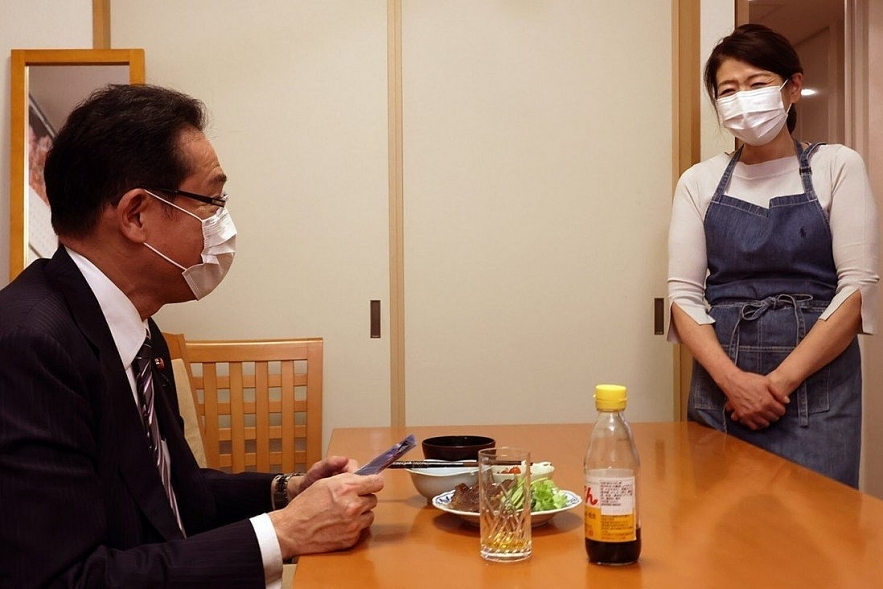 |
| Fumio Kishida’s picture showing his wife serving him dinner attracted a firestorm of criticism. Photo: Twitter |
A third-generation politician, Kishida was first elected in 1993 and is a ninth-term member of the House of Representatives.
Known to enjoy a drink and an avid fan of the Hiroshima Carp professional baseball team, Kishida lives with his wife and two sons in Tokyo and is responsible for dish-washing and cleaning the bathroom in the family home.
Fumio Kishida has effectively written himself out of the race to become the new leader of Japan’s ruling party after sharing an “anachronistic” photo of his wife on Twitter in 2020, critics said.
The image, posted on, shows the politician seated in a suit and tie as his wife serves him a meal in an apron, with Kishida saying he was grateful she had travelled from his hometown 800km away to support him in Tokyo.
Fumio Kishida Social Network
Twitter: https://twitter.com/kishida230
Facebook: https://www.facebook.com/fkishida
Fumio Kishida Net Worth
His net worth has been growing significantly in 2020-2021. So, how much is Fumio Kishida worth at the age of 64 years old?
Fumio Kishida’s income source is mostly from being a success. He is from Japan. We have estimated Fumio Kishida's 2020 - 2021 net worth as $1 Million - $5 Million.
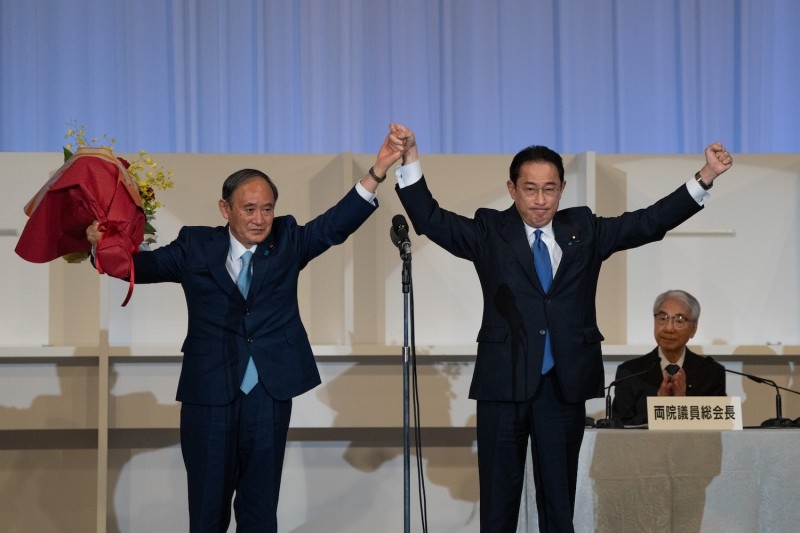 |
| Kishida Fumio. Photo: Foreign Policy |
After working at now-defunct Long-Term Credit Bank of Japan and then as a secretary to a member of the House of Representatives, Kishida was elected for the first time in July 1993. He served in the lower house seven times, representing the Hiroshima No: 1.and Cabinet Junichiro Koizumi 2001 He was chairman of the LDP's Diet affairs committee until September 2012. In the LDP, he is close to retired veteran LDP politician Makoto Koga. Kishida assumed the control of Koga's faction in October 2012. His most appointment in the LDP was chairman of the headquarters for Japan's economic revitalization. Like Shinzō Abe and most members of his Cabinet, Kishida is affiliated to the openly revisionist organization Nippon Kaigi.
Fumio Kishida Ministerial Career
Kishida was the minister of Okinawa affairs from 2007 to 2008, firstly in the Abe Cabinet and later in the Fukuda cabinet. He was appointed state minister in charge of consumer affairs and food safety in the cabinet of then prime minister Yasuo Fukuda in 2008. Kishida was also state minister in charge of science and technology in the Fukuda cabinet. Kishida was named foreign minister in the Cabinet of Prime Minister Shinzō Abe on 26 December 2012.
Kishida’s rise through the ranks
The mild-mannered Kishida, 64, comes from a family of parliamentarians — both his grandfather and father were members in the Diet.
As a child, Kishida spent three years in New York when his father was posted to the US as a senior trade ministry official, where he attended public school in Queens. After graduating from prestigious Waseda University in Tokyo, Kishida had a short stint in banking before becoming a member of the House of Representatives in 1993.
As Japan’s longest-serving, post-war foreign minister in Abe’s government from 2012–17, Kishida helped arrange US President Barack Obama’s historic visit to Hiroshima Peace Memorial Park in 2016.
Despite representing Hiroshima in parliament, he defended Japan’s policy of remaining out of the Treaty on the Prohibition of Nuclear Weapons, citing the need to rely on the extended nuclear deterrence of Japan’s ally, the US.
After Kono replaced him as foreign minister, Kishida was briefly defence minister, and then took the post of LDP policy chief.
As a leader of one of the LDP’s powerful factions, which were instrumental to his victory in the leadership vote, Kishida is perceived as more able to build consensus than the headstrong Kono.
Kishida Opinion on major issues
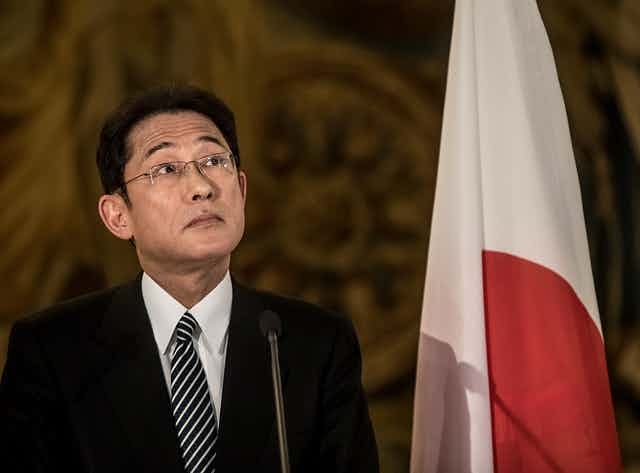 |
| Kishida Fumio. Photo: The Conversation |
Kishida will be designated Japan’s 100th prime minister by a special session of the Diet on October 4, and then formally appointed by Emperor Naruhito.
He is then expected to announce his new cabinet. Many party heavyweights are likely to stay in place, such as deputy Prime Minister Taro Aso, Foreign Minister Toshimitsu Motegi and Defence Minister Nobuo Kishi, Abe’s younger brother.
Takaichi and Noda may also be returned to the cabinet to boost gender equality, with only two women in the outgoing Suga cabinet. Kono will also likely be kept in the cabinet, if only to keep his ambitions in check.
Kishida will then immediately lead his party into a national election, which must be held before November 28.
Assuming the LDP retains power, which is highly expected, Kishida will face the challenge of completing Japan’s much-criticised COVID-19 vaccination rollout and then leading Japan’s post-pandemic recovery.
During his leadership campaign, Kishida pledged to spend tens of trillions of yen to stimulate the economy, prioritising those on lower incomes, struggling regional areas and the tourism industry. This would take Japan further from Abe’s neo-liberal economic policies – nicknamed “Abenomics” – which worsened income inequality in society.
While committed to having Japan reach net-zero carbon emissions by 2050, Kishida has supported restarting the country’s idle nuclear reactors, investing in small modular reactors and fusion technology to do so.
Although Kono made the surprising move to come out in support of same-sex marriage during the campaign, Kishida is noncommittal on the issue.
He also does not favour female imperial succession, but he does support changing the law to allow women to keep their family names after marriage.
As a member of the nationalist lobby group Nippon Kaigi, Kishida says he will “consider” visiting the controversial Yasukuni shrine dedicated to Japan’s war dead, even though this would anger neighbouring China and South Korea.
Fumio Kishida's Stance on Nuclear Disarmament
As Kishida steps into power, he will also be looking to shed his dovish image. With respect to China in particular, he is likely to press ahead with diplomacy rooted in values like the rule of law as he also seeks to “meet force with force,” enhancing the authority of the Japanese Coast Guard, among other measures. Following Japan’s recent failure to extract its local staff from Afghanistan during the US withdrawal from the country, he will also be considering ways to amend the Self-Defense Forces Act to enable swifter dispatch of needed personnel. In its present form, the law was crafted by the government of Miyazawa Kiichi, meaning that avoiding constitutional roadblocks by sending out the SDF not to wage war, but to aid Japanese citizens, is a traditional Kōchikai stance. But here Kishida is aiming to carve out a stronger presence for himself by leading the debate on security issues.
One area where he can be expected to define his own way forward most clearly will be nuclear disarmament. In 2016, as foreign minister, he helped orchestrate the historic visit of US President Barack Obama to Hiroshima to commemorate the atomic bombing there. Today, when China has joined the United States and Russia in seeking to expand its nuclear weapons stockpile, a key task before Kishida will be to serve as a connection between the world’s nuclear powers and nonnuclear states. By joining the parties to the Treaty on the Prohibition of Nuclear Weapons as an observer—a position whose possibility Kishida has not rejected—Japan should be able to serve as a pipeline forwarding the concerns of these nations to its ally, the United States.
Fumio Kishida Picked As Japan’s Next Prime Minister
 |
| Kishida Fumio. Photo: The Japan Times |
‘Politics of generosity’
Tobias Harris, senior fellow for Asia at the Center for American Progress, said Kishida had been “more flexible” than Kono, “certainly on foreign policy and security policy”.
“There are all sorts of things in his past that suggest that (Kishida’s) conservative leanings are stronger than maybe he appeared,” he added.
Following in the footsteps of his father and grandfather, Kishida entered politics in 1993, having previously worked at a bank as the Japanese economy boomed.
As a child, his family lived for several years in New York where he suffered racism at school, an experience he says gave him a strong sense of justice, according to Harris.
He is a big fan of the Hiroshima Carp baseball team, and is said to enjoy a drink — unlike Suga, who is teetotal — while his wife hails from a wealthy sake-brewing family.
A keen baseball player at school, Kishida failed three times to pass the law entrance exam for Tokyo University, much to his parents’ disappointment.
He studied instead at Waseda, a prestigious private university in the capital that he reportedly chose for its serious, non-pretentious atmosphere.
The father-of-three has touted his listening skills and says Japan’s public wants a “politics of generosity”.
He has invited voters to leave him messages in a suggestion box and carried a notebook to events in which to scribble down ideas from the public.
But he hasn’t always connected with the population and found himself roundly mocked during last year’s leadership vote when he posted an awkwardly posed picture on Twitter of his wife serving him dinner in an apron.
Kishida’s challenges
Although likely to pursue similar economic policies to his predecessors, Kishida is thought to be more moderate than some in his party when it comes to China and said that he would consider meeting with North Korean leader Kim Jong Un. His first challenges will be domestic, however, dealing with the country’s coronavirus epidemic and leading the LDP into new parliamentary elections, expected to take place in November
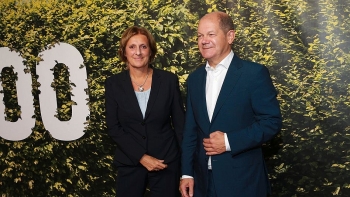 Who is Olaf Scholz: Biography, Love Story, Personal Life and Career Who is Olaf Scholz: Biography, Love Story, Personal Life and Career Olaf Scholz, leader of the left-leaning SPD, said he hoped Germans would give him the mandate to become the next chancellor. His wife, Ernst could ... |
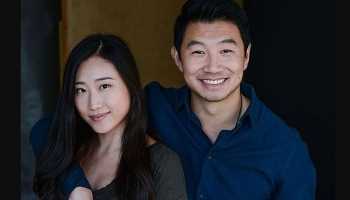 Who is Simu Liu (Shang-Chi): Biography, Girlfriend, Personal Life, Career Who is Simu Liu (Shang-Chi): Biography, Girlfriend, Personal Life, Career Who is Simu Liu (Shang-Chi in Marvel's Superhero): Biography, Personal Life & Profile, Family, Actor Career. |
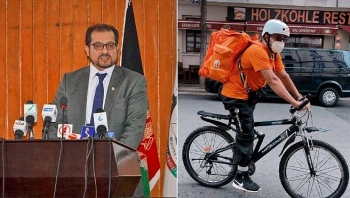 Who is Sayed Sadaat - Biography of Afghan Minister To ‘Rider’ in German Who is Sayed Sadaat - Biography of Afghan Minister To ‘Rider’ in German Sayed Sadaat, a former communications minister in Afghanistan, now delivers meals in Germany after moving to the country last year. |

